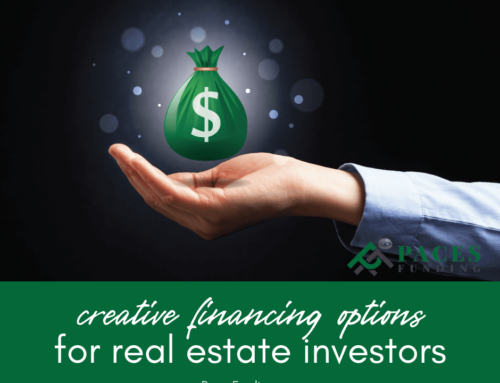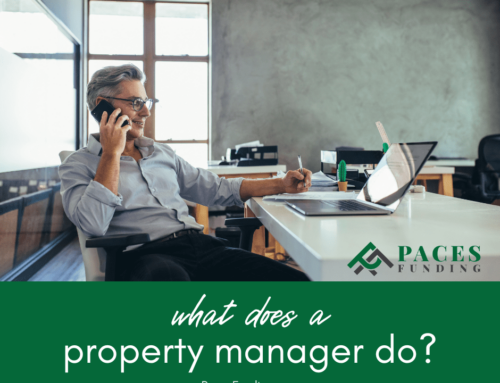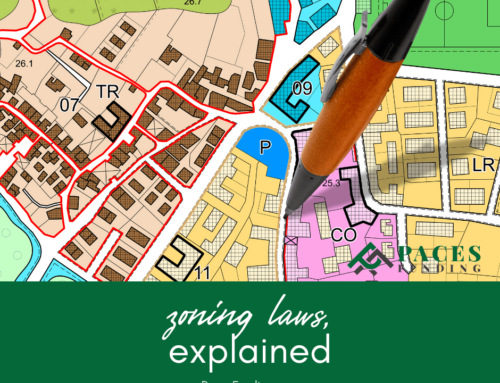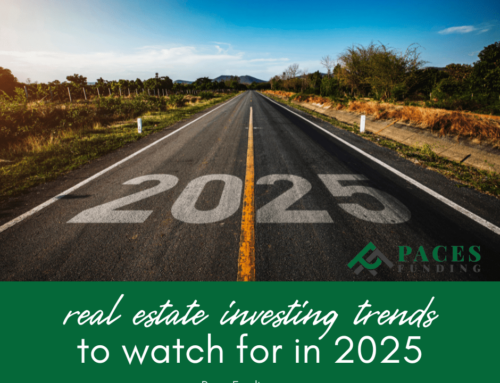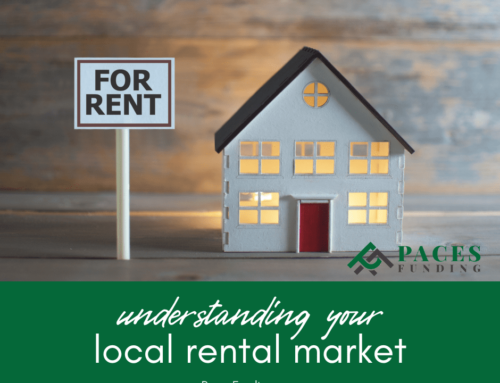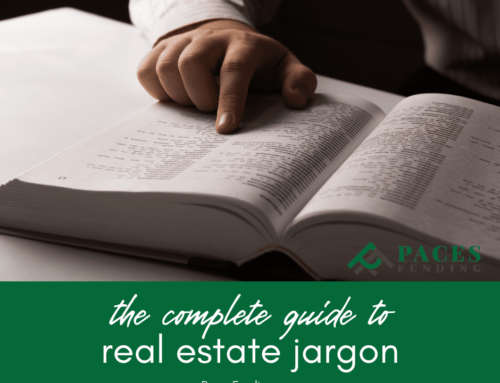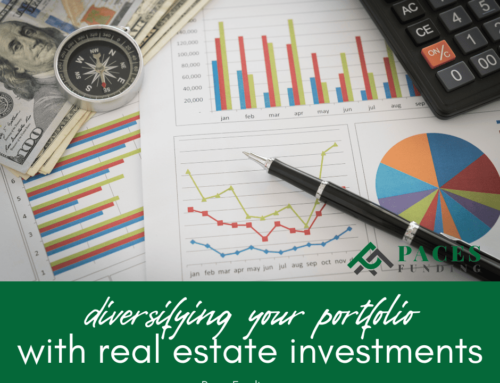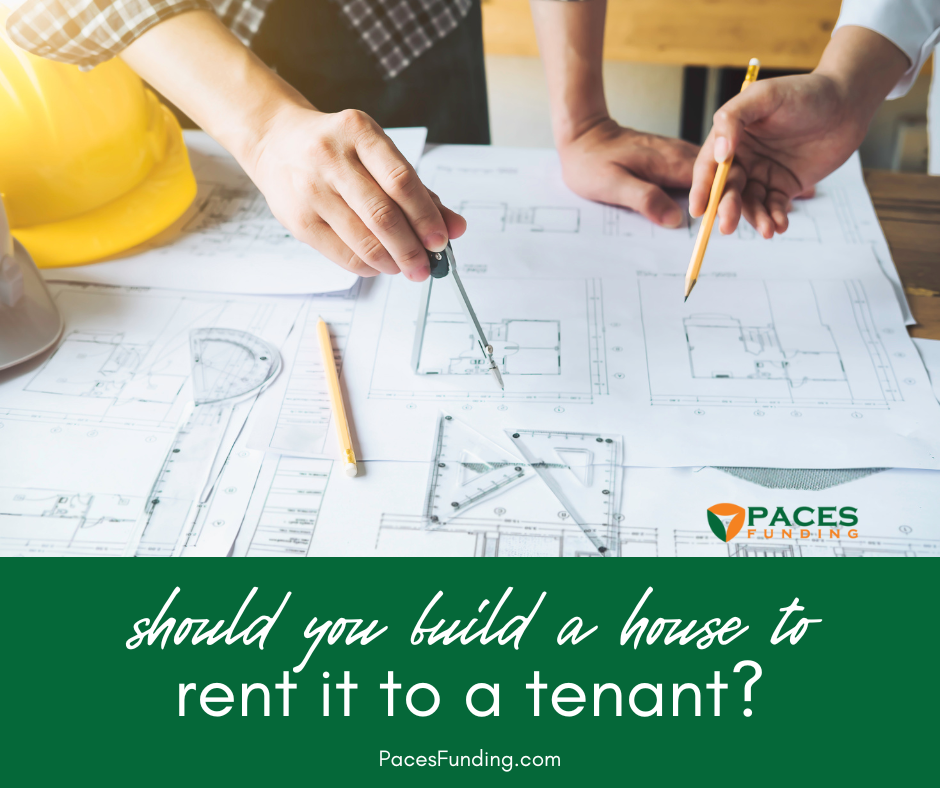
Should You Build a House to Rent it Out?
If you’ve ever considered investing in real estate, you might have wondered whether building a house specifically to rent it out is a good idea. There are pros and cons to this approach, and it’s essential to weigh them carefully before making a decision. In this guide, we’ll explore the various factors you should consider when deciding whether building a rental property is the right investment strategy for you.
Should You Build a House to Rent it Out?
This guide explains the following:
- Assessing the Local Rental Market
- Calculating the Financials
- Considering the Time and Effort Involved
- Weighing the Pros and Cons
- Evaluating Alternatives
Here’s a closer look at each.
Assessing the Local Rental Market
Before you decide to build a rental property, it’s crucial to research the local rental market. Investigate the demand for rental properties in the area where you plan to build. Determine the rental rates, vacancy rates, and the types of properties that are most in demand. Look for growth trends and any factors that could influence the market, such as new developments or changes in local industries. A healthy rental market with strong demand and low vacancy rates could make building a rental property more attractive.
Related: The ultimate guide to hard money lending for real estate investors
Calculating the Financials
You’ll need to crunch some numbers to determine whether building a rental property is a financially sound decision. Start by estimating the total cost of building the house, including land acquisition, construction, permits, and fees. Next, calculate the expected rental income based on local market rates. Consider additional expenses such as property taxes, insurance, maintenance, and property management fees. Finally, compare your potential return on investment (ROI) with other investment options to ensure that building a rental property is a wise choice.
Considering the Time and Effort Involved
Building a rental property requires a significant amount of time and effort. You’ll need to manage the entire construction process, from selecting a builder and obtaining permits to overseeing the project and addressing any issues that arise. After construction, you’ll need to handle the ongoing responsibilities of being a landlord, including finding tenants, collecting rent, and dealing with maintenance and repairs. Before you decide to build a rental property, make sure you’re prepared to commit the necessary time and effort to manage these responsibilities successfully.
Related: Climate change’s impact on real estate
Weighing the Pros and Cons
There are several advantages to building a rental property, including the potential for ongoing rental income, tax benefits, and the opportunity to build equity in the property. Additionally, building a new home allows you to customize the property to meet the needs of your target tenant market and potentially command higher rents.
However, there are also drawbacks to consider. Building a rental property can be a risky investment, particularly if the local rental market declines or if the construction process encounters unexpected challenges. The financial returns may not be immediate, and you’ll need to have the resources to cover ongoing expenses until the property is rented out. Finally, being a landlord can be time-consuming and stressful, especially if you encounter problematic tenants or maintenance issues.
Related: Why are people moving to the South? What does that mean for REIs?
Evaluating Alternatives
Before committing to building a rental property, consider alternative investment options. For example, you could purchase an existing rental property that’s already generating income or invest in a real estate investment trust (REIT) to gain exposure to the real estate market without the hands-on responsibilities of being a landlord. Carefully weigh the potential risks and rewards of each option to determine which strategy best aligns with your investment goals and risk tolerance.
Building a house to rent it out can be a rewarding investment strategy, but it’s not without its challenges. It’s essential to assess the local rental market, calculate the financials, consider the time and effort involved, and weigh the pros and cons before making a decision. By thoroughly evaluating your options and considering alternatives, you can make a more informed decision about whether building a rental property is the right choice for you.
Related: Top myths and misconceptions about hard money lending
If you ultimately decide to move forward with building a rental property, it’s essential to approach the process with a solid plan and a long-term perspective. Be prepared for the ups and downs of the rental market, and consider working with professionals such as builders, property managers, and financial advisors to help ensure the success of your investment.
To minimize risks and maximize returns, continuously monitor your investment and stay informed about the local rental market, adjusting your strategy as needed. With careful planning, research, and perseverance, building a house to rent out can be a valuable addition to your investment portfolio and a source of ongoing passive income for years to come.
Do You Need a Hard Money Loan?
Paces Funding is the top hard money lender in Atlanta Georgia, North Carolina, South Carolina and Tennessee. Apply for a hard money loan here or click through our site to find out how we can help you now!


